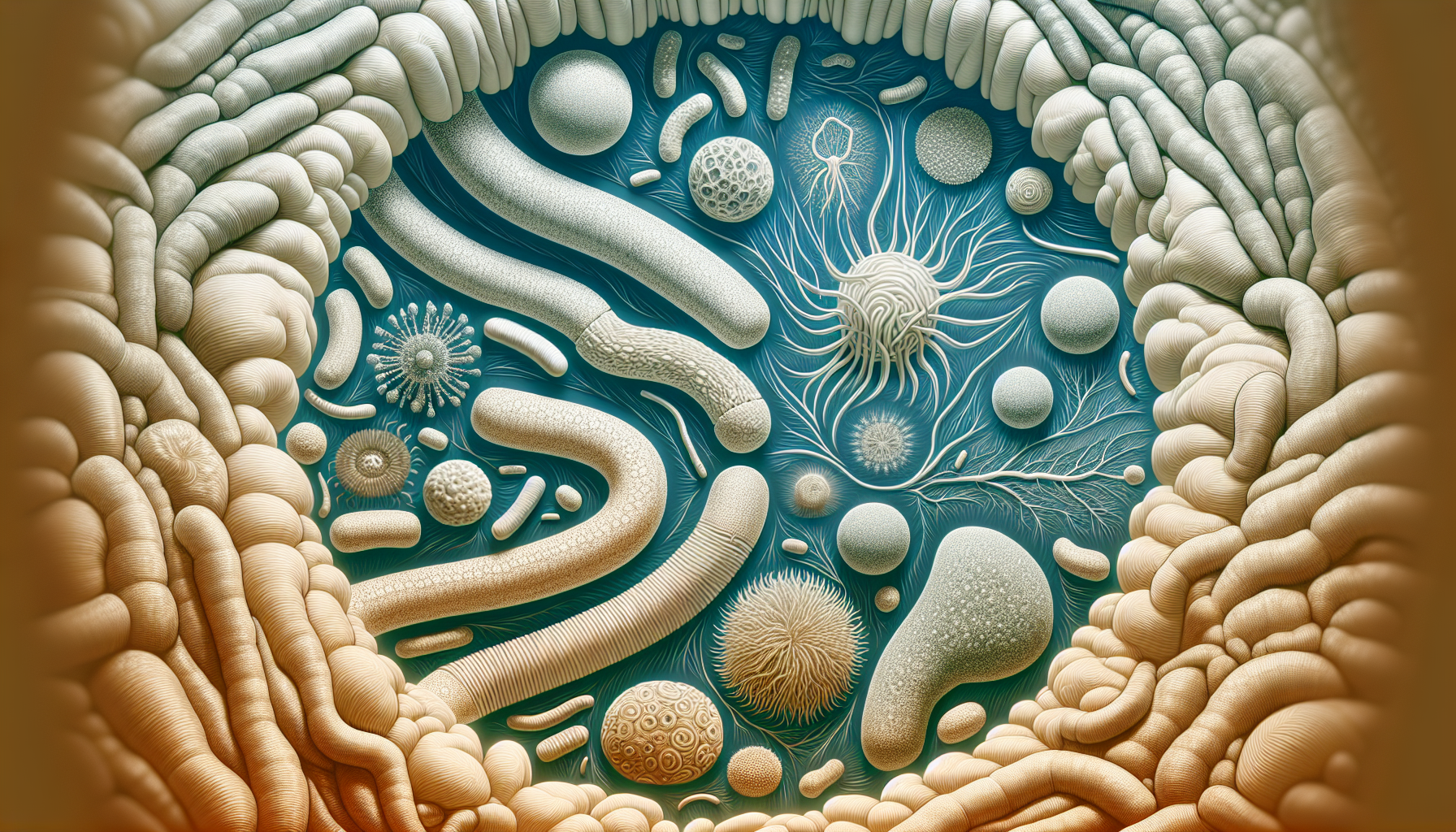Antibiotics are powerful medications crucial in fighting bacterial infections, saving countless lives. However, their use can sometimes lead to unintended consequences, particularly concerning gut health. These potent medicines can disrupt the delicate balance of the gut microbiome—the complex community of microorganisms living in our digestive systems. Understanding how to mitigate these effects is vital for maintaining overall health and wellbeing.
Understanding the Gut Microbiome
Before delving into mitigation strategies, it’s essential to grasp the importance of a healthy gut microbiome. This vast ecosystem consists of bacteria, fungi, viruses, and other microscopic living things. It plays a crucial role in digestion, immune function, and even influences mood and behavior. A balanced gut microbiome is also central to digestive health, aiding in nutrient absorption and protecting against pathogens.
The Impact of Antibiotics
While antibiotics target harmful bacteria, they can also inadvertently kill beneficial bacteria in the gut. This can lead to a condition known as dysbiosis, an imbalance that affects the gut flora and can cause various health issues, such as:
- Digestive disturbances (diarrhea, constipation, bloating)
- Increased susceptibility to infections
- Poor nutrient absorption
- Potential long-term health consequences, including a heightened risk of certain chronic diseases
Strategies for Mitigating Antibiotic Effects
Mitigating the effects of antibiotics on the gut requires a multifaceted approach, focusing on diet, lifestyle, and sometimes supplements. Here are several strategies to consider:
Probiotic Supplementation
Probiotics are live microorganisms that can provide health benefits when consumed. They can help replenish the gut with beneficial bacteria that antibiotics may have depleted. Probiotics are found in fermented foods like yogurt, kefir, sauerkraut, and kimchi, or they can be taken as supplements. It’s important to choose a high-quality probiotic with a variety of strains and a high colony-forming unit (CFU) count for maximum effectiveness.
Prebiotic Intake
Prebiotics are non-digestible fibers that nourish the beneficial bacteria in the gut. Foods rich in prebiotics include garlic, onions, leeks, asparagus, bananas, and whole grains. Enhancing your diet with prebiotics can help support the growth of healthy microbiota. For further insights, explore the article on The Importance of Prebiotic Foods in Gut Health.
Antioxidant-Rich Foods
Antioxidants help to protect the cells in the body—including those in the gut—from oxidative stress and damage. Consuming a diet high in antioxidants can support gut health during and after antibiotic use. Foods like berries, nuts, green leafy vegetables, and dark chocolate are excellent sources. Learn more about their role in gut health in The Role of Dietary Antioxidants in Gut Health.
Adequate Hydration
Staying well-hydrated is essential for maintaining a healthy digestive system. Water helps to flush out toxins and supports the optimal function of the gastrointestinal tract.
Fiber-Rich Diet
A diet high in both soluble and insoluble fiber can help regulate bowel movements and prevent constipation, a common issue during antibiotic therapy. Additionally, fiber serves as food for the beneficial gut bacteria, promoting their growth and activity. The impacts of fiber on digestive wellness are discussed in detail in the article on The Impact of Soluble and Insoluble Fiber on Digestive Wellness.
Limiting Stress
Chronic stress can negatively affect gut health and may exacerbate the impact of antibiotics. Engaging in stress-reduction practices such as meditation, yoga, or deep-breathing exercises can be beneficial.
Exercise
Regular physical activity has been shown to promote a healthy and diverse microbiome. Moderate exercise can enhance the growth of beneficial gut bacteria and improve overall gut health.
Timing of Antibiotic Intake
If possible, taking antibiotics at the right time of day could reduce their impact on the gut microbiome. Research suggests that the timing of antibiotic administration can influence the degree of disruption to the gut flora, although more studies are needed in this area.
External Resources for Further Reading
To deepen your understanding of these strategies and their scientific underpinnings, consider exploring the following niche resources:
- Probiotics and antibiotic-associated diarrhea in children: A review and new evidence on Lactobacillus rhamnosus GG during and after antibiotic treatment
- Prebiotic Fiber’s Impact on Gut Health: A Focus on Visceral Hypersensitivity
- Effects of Psychological, Environmental and Physical Stressors on the Gut Microbiota
- Exercise Modifies the Gut Microbiota with Positive Health Effects
Conclusion
Antibiotics can disrupt the delicate balance of our gut microbiome, but with the right strategies, their negative effects can be mitigated. Incorporating a mix of probiotics, prebiotics, antioxidants, and fiber into your diet, along with adequate hydration, stress management, and regular exercise, can help maintain a healthy gut during and after antibiotic use. Remember to always consult with a healthcare professional before starting any new dietary or supplement regimen, especially when dealing with the effects of antibiotics.
In conclusion, protecting your gut health while taking antibiotics involves proactive steps to support the microbiome. By understanding and implementing these strategies, you can help ensure that your gut remains resilient, fostering overall health and vitality.



